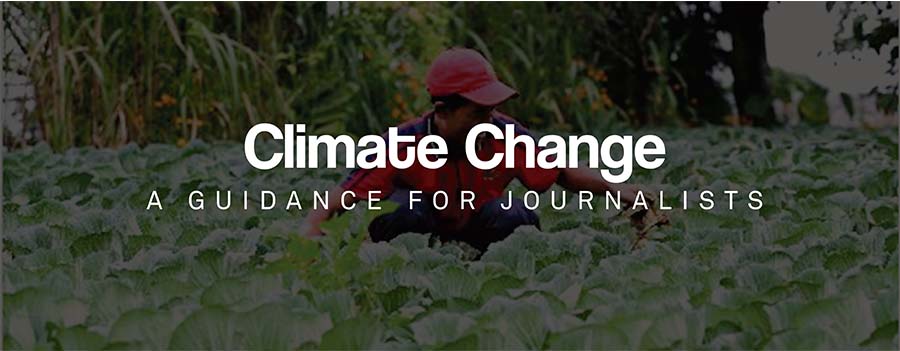
Description
Climate change is a challenge of our society. This changing nature has brought us consequences that we have to face, some areas face more severe consequences than others. Glaciers have shrunk. “The entire North Polar ice cap is disappearing before our very eyes. It has been the size of the continental United States for the last million years, and now the 40 percent has gone and the rest of it is going,” said Al Gore, founder of Inconvenient Truth.
Global warming is not only the problem of antarctica. It is everywhere in the whole planet. Small islands disappear, ice on rivers and lakes break up earlier, plant and animal ranges shift, floods happen more often because of the rising of sea level, trees flower sooner and season of harvesting no longer can be predicted. Fishermen and farmers are facing more difficult challenges.
Unfortunately, good and productive discussion about climate change rarely happen. It is not easy for the media to bring the real proof of this phenomenon with popular articles to attract public attention. The coverage about climate change appears once in a while, especially when disaster happens. But when bad days pass, media and most of us get back to business as usual. As a result, government commitments to tackle climate change issue are mostly left unchecked.
Politicians who collide with business interests has made the situation worse. They undermine the important fact of global warming using pseudoscience. The stake of this situation is too high for our humanity. We need to build awareness and create public opinion as wide as possible before it is too late. To build awareness of climate change and to create movement to tackle this issue is the task of humanity.
Climate change is the topic that need to be discussed in every level, from grass root level to the elite level. Public need to be involved in this discourse to build critical mass in order to push environment in the priority. Therefore, journalists’ coverage of climate change needs to be more informative, creative, engaging, and inspiring. Modules that can capture local content and challenges brought by global warming, and also modules of how to cover climate change issue are needed, more than ever.
Curriculums
- Understanding climate change
- Climate change problems in daily life
- Tackling the climate change
- Politics and business issues in climate change
- Tips in reporting climate change
Learning Outcome
Participants will be able to educate society about the dangers of climate change impact, by involving contents which has imminency with readers, therefore it becomes easy to comprehend and understood.
Competencies
At the end of the training, the participants will be able to:
- Create climate change issue in an attractive way;
- Deliver examples of climate change impact on daily basis;
- Deliver various solutions which will be initiated by stakeholders in terms of reducing climate change and its impact;
- Explain governments’ political record in reducing climate change impact;
- Write climate change issues in a comprehensive way.

